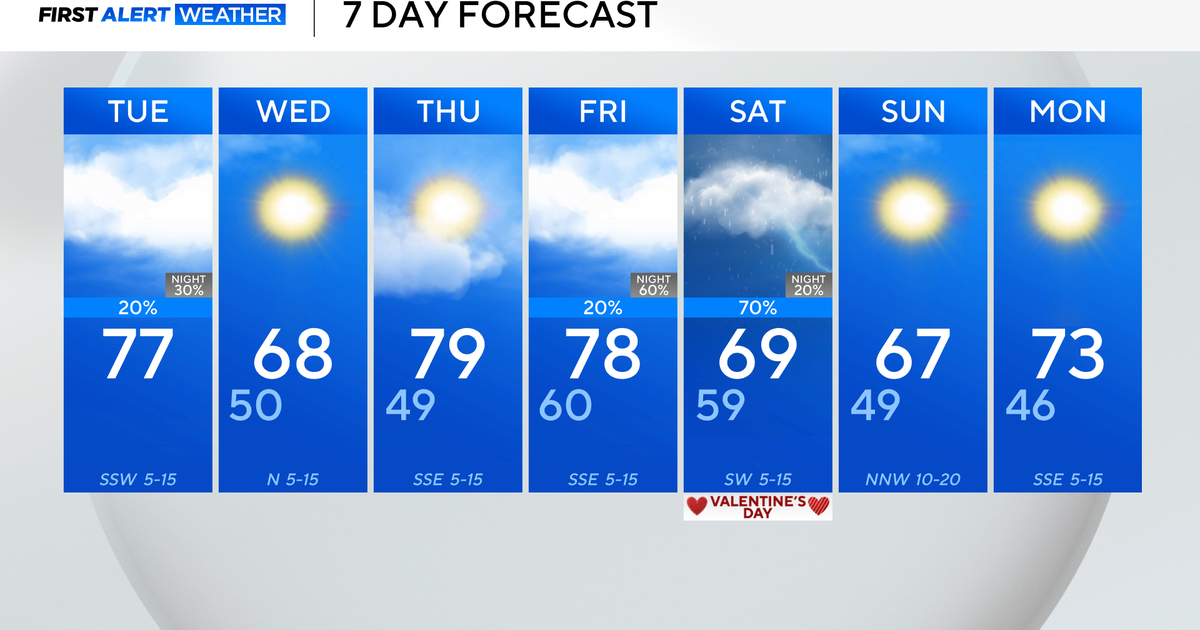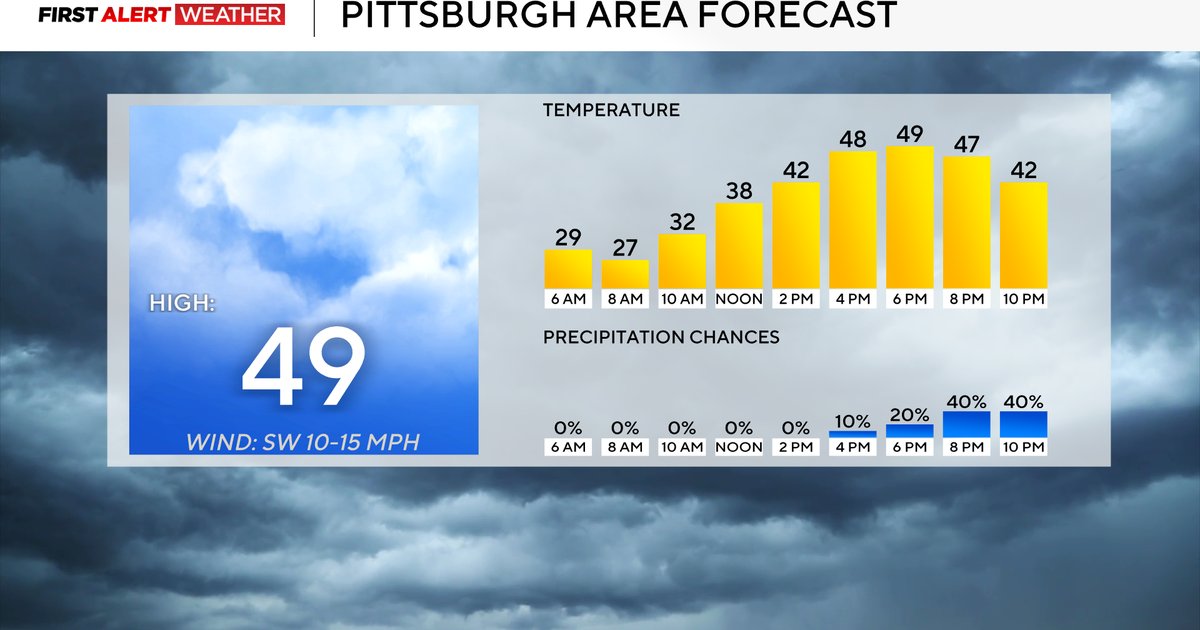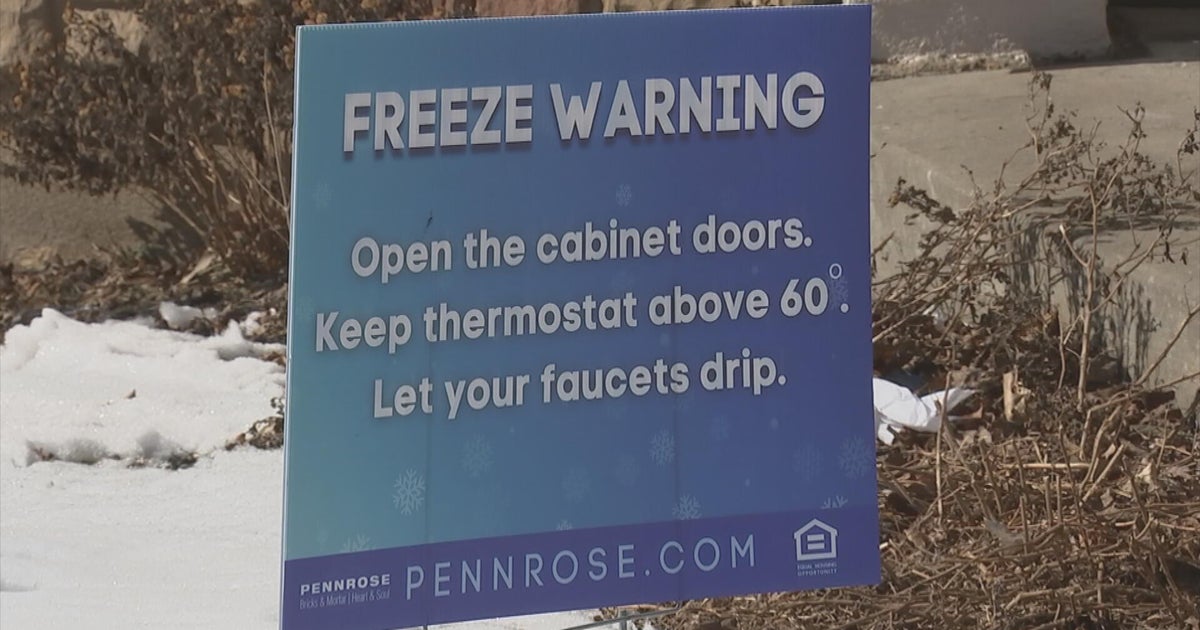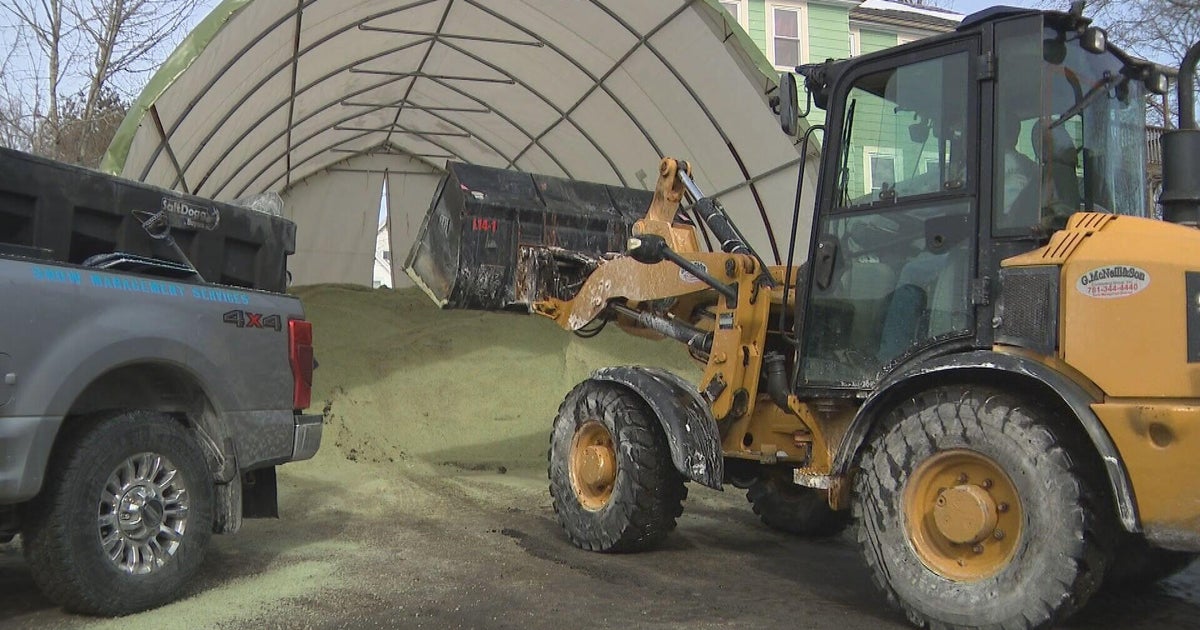Curious About Savings From Raising, Lowering Thermostat
METHUEN (CBS) -- One thing is certain: it's not getting any cheaper to keep your house nice and warm, and everyone's looking to save some money.
But still, the question keeps coming up: Is it smarter to keep your house at a constant temperature or turn it down a few degrees when you're sleeping or at work?
Harold from Methuen Declared his Curiosity saying, "We just had a furnace repairman service our boiler. He told us it was less expensive to leave the thermostat at 70F 24 hours a day, rather than to turn it down to 62 F at night. I'm curious! Is he right? Common sense says no. What do you say?"
We asked around and it seems most people opt for the slight chill down, but some believe it is, in fact, more cost efficient to leave the thermostat alone.
WBZ-TV's Jim Armstrong reports.
"It's a myth," says Ian Rex.
He runs a company called Energy Hound that specializes in looking for places where homes and businesses are leaking their warm air and advising consumers on the best way to stretch their energy dollars. He attributes the so-called myth to an old way of thinking -- people, he says, who believe "I've done it this way my whole life, I'll keep doing it and if someone asks me, that's what I'll say."
His advice? "Turning [the thermostat] down 5, 6, 7 degrees is going to be extremely helpful."
To be fair, the argument against doing so is that it takes a lot of energy and money to get your house back to a comfortable temperature.
Not so, says the US Department of Energy. We ran Harold's question past it, too.
Its explanation: all houses leak heat.
Here are the details from DOE spokeswoman Jen Stutsman:
"A common misconception associated with thermostats is that a furnace works harder than normal to warm the space back to a comfortable temperature after the thermostat has been set back, resulting in little or no savings. In fact, as soon as your house drops below its normal temperature, it will lose energy to the surrounding environment more slowly. The lower the interior temperature, the slower the heat loss. So the longer your house remains at the lower temperature, the more energy you save, because your house has lost less energy than it would have at the higher temperature."
A good rule of thumb, though, is try not to make the temperature in your house swing more than 10 degrees.







